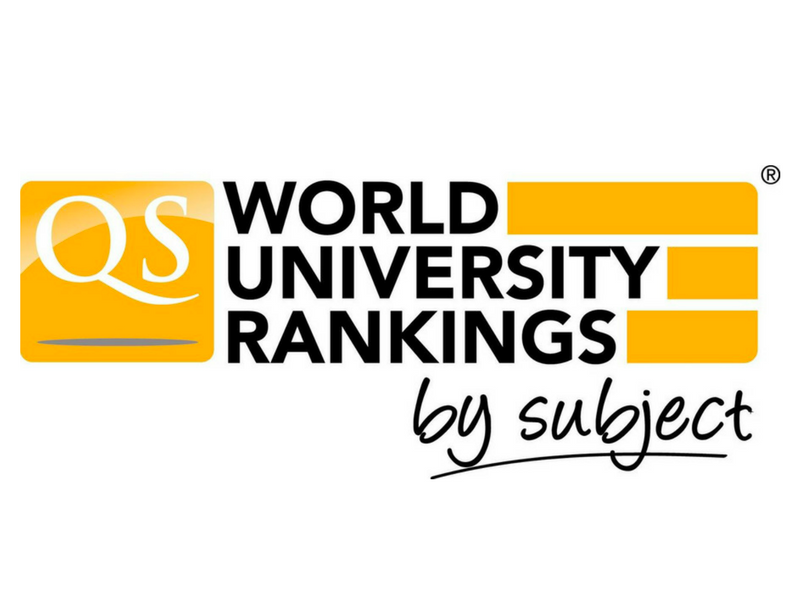In the first quarter of 2018, ITB received the 201-250 universities ranking position from most trusted rankings platform in the world for the Business and Management studies subject. This is the highest score among universities in Indonesia. The QS World University Rankings by Subject ranks the world’s top universities in individual subject areas, covering 48 subjects as of 2018. The rankings aim to help prospective students identify the world’s leading schools in their chosen field, with the list of subjects extended each year in response to high demand for subject-level comparisons.
Each of the subject rankings is compiled using four sources. The first two of these are QS’s global surveys of academics and employers, which are used to assess institutions’ international reputation in each subject. The second two indicators assess research impact, based on research citations per paper and h-index in the relevant subject. These are sourced from Elsevier’s Scopus database, the world’s most comprehensive research citations database.
These four components are combined to produce the results for each of the subject rankings, with weightings adapted for each discipline:
-
- Academic reputation
QS’s global survey of academics has been at the heart of the QS World University Rankings since their inception in 2004. In 2018, the QS World University Rankings by Subject draws on responses from 75,015 academics worldwide. Having provided their name, contact details, job title and the institution where they are based, respondents identify the countries, regions and faculty areas they are most familiar with, and up to two narrower subject disciplines in which they have expertise. For each of the (up to five) faculty areas they identify, respondents are asked to list up to 10 domestic and 30 international institutions which they consider to be excellent for research in the given area. They are not able to select their own institution. For the QS World University Rankings by Subject, the results of the survey are filtered according to the narrow area of expertise identified by respondents. While academics can select up to two narrow areas of expertise, greater emphasis is placed on respondents who have identified only one.
-
- Employer reputation
The QS World University Rankings are unique in incorporating employability as a key factor in the evaluation of international universities. In 2018, the QS World University Rankings by Subject draws on 40,455 survey responses from graduate employers worldwide.
The employer reputation survey works on a similar basis to the academic one, but without the channelling for different faculty areas. Employers are asked to identify up to 10 domestic and 30 international institutions they consider excellent for the recruitment of graduates. They are also asked to identify the disciplines from which they prefer to recruit. By examining the intersection of these two questions, we can infer a measure of excellence in a given discipline.
-
- Research citations per paper
For the QS World University Rankings by Subject we measure citations per paper, rather than citations per faculty member. This is due to the impracticality of reliably gathering faculty numbers broken down by discipline for each institution.
A minimum publication threshold is set for each subject to avoid potential anomalies stemming from small numbers of highly cited papers. Both the minimum publications threshold and the weighting applied to the citations indicator are adapted in order to best reflect prevalent publication and citation patterns in a given discipline. All citations data is sourced from the Scopus, spanning a five-year period.
-
- H-index
Since 2013, a score based on h-index has also been incorporated in the QS World University Rankings by Subject. The h-index is a way of measuring both the productivity and impact of the published work of a scientist or scholar. The index is based on the set of the academic’s most cited papers and the number of citations that they have received in other publications.The h-index can also be applied to the productivity and impact of a group of scientists, such as a department, university or country, as well as a scholarly journal. The index was suggested by Jorge E. Hirsch, a physicist at UCSD, as a tool for determining theoretical physicists’ relative quality, and is sometimes called the Hirsch index or Hirsch number.
ITB’s Business and Management Studies Subject Ranking Criteria on 2018
Compiled by Margareth Tobing, MBA
Source: https://www.topuniversities.com/universities/bandung-institute-technology-itb





